Table of contents
Intro
Bringing a life into this world is a beautiful experience. Before conceiving, you have to create an ideal environment around yourself to keep your mind positive and calm while also taking great care of your physical well-being.
Why is this important? Because during pregnancy, your body is going to be the baby's home. You should start paying attention to your own health at least three months before you start trying to conceive. When you take proper care of yourself, you will have a better chance for a seamless pregnancy, and a healthy baby.
There are several aspects of self-care you must consider. From staying fit, eating nutritious food, to talking about bottled-up feelings with someone you trust, everything comes under the umbrella term 'self-care'. It's all about keeping yourself happy from inside out, so your reproductive health is at its peak, and you're able to share the good news with your friends and family soon.
8 Ways You Can Take Care of Yourself Before Getting Pregnant
1. Eat Well
In the pre-pregnancy times, you have to develop healthy food habits so that when you eventually become pregnant, your fertility health and overall well-being are all good. Eat balanced meals with lots of veggies. Try to consume protein, good fats, and fiber-rich food. If you think you're overweight or underweight, your medical professional will help you plan a diet suitable to your needs.
Avoid processed foods and simple carbs as much as you can. Your folic acid intake should be up during these times (400 micrograms daily, till 12 weeks of pregnancy), as it prevents the risk of anencephaly and spina bifida. These neural tube defects usually occur during the early months of pregnancy.
2. Stay Fit
There's no alternative to regular exercise if you wish to stay fit. But you have to understand that staying fit doesn't necessarily mean engaging in heavy physical activities. Rather during your preconception stage, it's better to avoid high-intensity workouts.
You can pick up light forms of exercise such as walking or yoga. Regular practice will keep your hormones well-balanced, and help you maintain a healthy BMI.
These activities also keep your mind calm and stress-free, which is necessary for every woman who is preparing to conceive.
3. Quit Smoking & Drinking
In your preconception stage, let go of habits like smoking and alcohol consumption, or minimize them. These can negatively impact your reproductive health, cause hormonal imbalance, and mess up your ovulation. So the faster you quit them, the better it is for you and the baby you are planning for.
The same goes for prescription drugs. If you have a specific health condition and your healthcare provider has prescribed a medicine, follow the dosage as dictated. Do not try to alter the dosage according to your will, as it will do more harm than good. You must reduce your caffeine intake as well.
If you are suffering from substance abuse and need professional help to quit, you can reach out to your healthcare provider, or a licensed counselor. Make sure to tell them that you're planning to become pregnant, and they'll guide you accordingly.
4. Maintain Healthy Body Weight
Maintaining healthy body weight is essential to the health of your future baby. Being overweight or underweight can lead to complications during pregnancy, or even lead to premature birth or birth defects in the newborn.
So the moment you and your partner decide to plan for a baby, visit your doctor to know what's the right body weight for you. They will check your BMI, and advise you accordingly on what you should do to gain or lose weight, in a safe and healthy way.
5. De-Stress
Stress during the preconception stage is natural, but to maintain optimal reproductive health, you must keep it in check.
If you are too occupied with tracking your menstrual cycle or planning sexual encounters with your partner, you put yourself under immense pressure. What you should do instead is relax and keep your body and mind free from stress and anxieties.

Stress can have a detrimental effect on your health, more so if you plan to conceive soon. When stress levels are constantly high in the body, your body goes into fight or flight mode. This can impact the estrogen and progesterone levels– something you don't want during the preconception stage.
6. Do Things You Love
Refrain from being obsessed with the thought of conceiving. Give yourself a breather for a while, and pursue the things you love. Be it journaling, painting, singing, reading, taking walks, or meditating, do anything that brings joy to your heart.
Even when your days are packed with back-to-back work, take a few minutes every day to devote to any of these activities.
By doing this, you'll be able to shift your focus from negative or stressful thoughts, and you'll feel much better, emotionally and physically.
7. Talk About Your Feelings
As you're actively planning to step into a new phase of life, things can feel overwhelming. If you find it difficult to manage your emotions, you might consider talking to other women who are going through something similar.
Let your partner know that you're struggling to cope, and openly discuss the fears, anxieties, and apprehensions that are bothering you.
Talking to a professional therapist would be an excellent idea. They will be able to offer clarity and guidance regarding your situation and keep your mental health in check.
8. Go for A Health Checkup
When you're planning for a baby, getting a preconception check-up is necessary. You can discuss with your physician if you have any pre-existing medical conditions or family history, and ways to keep them under control when you become pregnant.

Another issue your doctor can help you with is vaccines. While most vaccines are taken during pregnancy, rubella and varicella vaccines should be injected during the preconception stage.
You should stay in touch with your gynecologist during this time. They will help prepare your body for pregnancy by making the right lifestyle changes.
Final Thoughts
Self-care is not just an option, it's a necessity when you're trying to conceive. Taking care of the little things, like habits and lifestyle changes will help you maintain optimum fertility health and help in the long haul when you actually conceive. Follow the tips we mentioned above, and more than anything, stay in the loop with your healthcare provider.




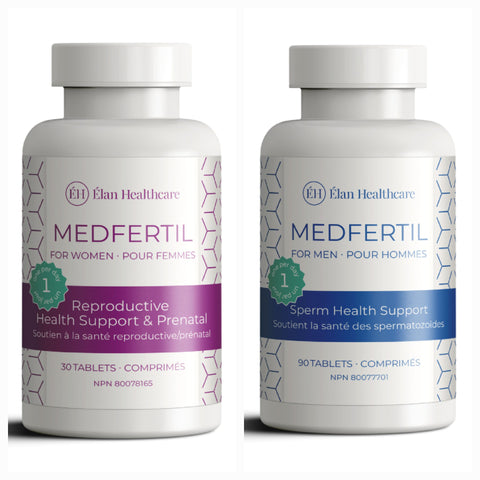
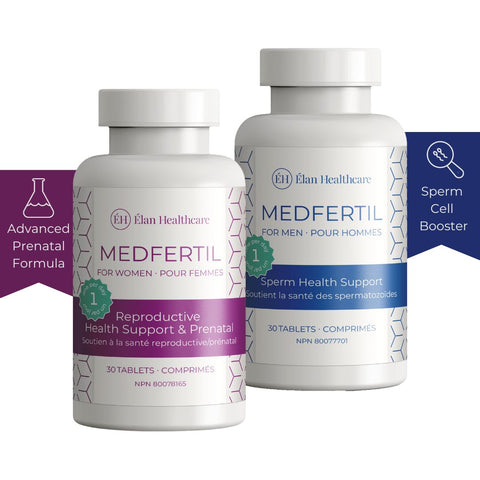
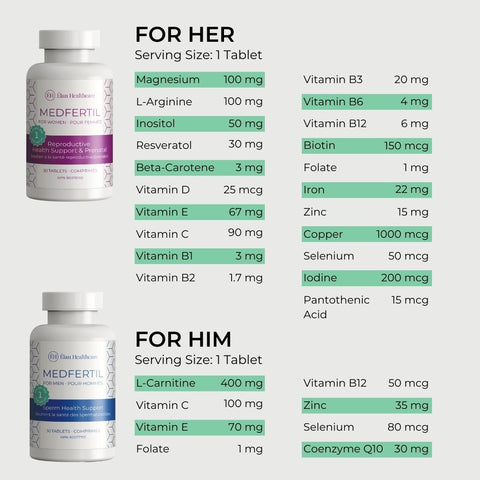









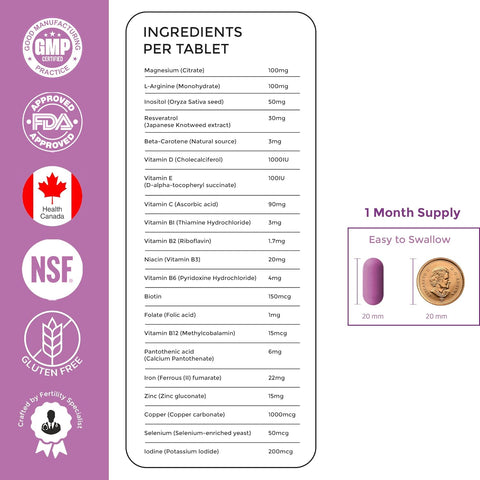

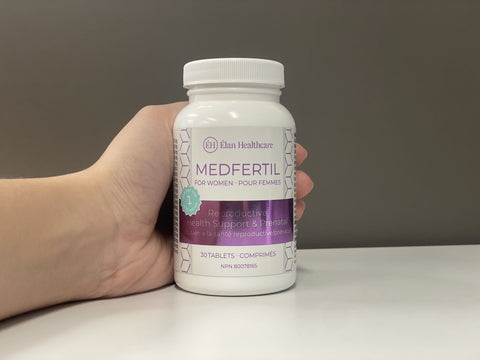

No comments yet.
There are no comments for this article. Be the first one to leave a message!
+ Open to leave a Comment